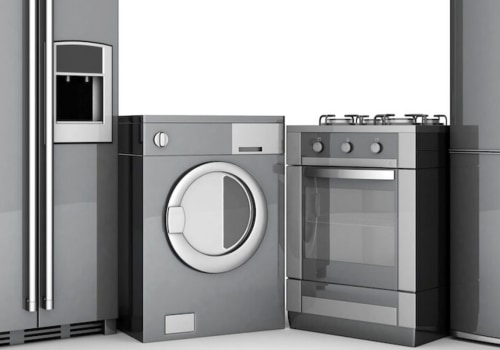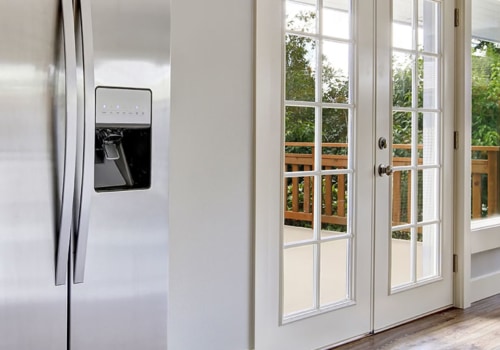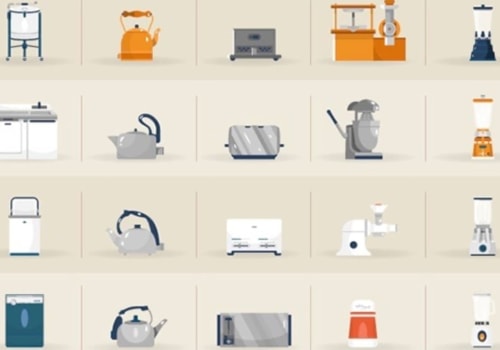It's no secret that the lifespan of modern household appliances has been gradually decreasing over the years. But why is this the case? Let's take a look at the data behind the reliability of modern appliances and consider some ways in which you can protect yourself from unexpected repair and replacement costs. One of the main reasons for the shorter lifespan of appliances is that tolerances are tighter, adjustments are tighter, and electronic controls have replaced mechanical ones. This means that there is more plastic and less metal in modern appliances.
Ovens and hobs, whether separate or in a single unit, are usually the strongest appliance in your kitchen, often lasting 10 years or more. It is often the body or the electrical control unit that breaks down before the cooking units. Another reason for shorter lifespans is that styles become old-fashioned, causing people to desire a new appliance. To combat this, there needs to be changes in two main areas; the quality of new appliances and the experience of buying used appliances.
Big sellers of used appliances provide a great experience, as they are on the front lines when choosing which appliances are worth reconditioning and maintaining in the system, and which ones need to go to the junkyard for recycling. Finally, you can protect yourself from unexpected repair and replacement costs by purchasing a 2- to 10-year homebuyer warranty service agreement. This covers repair or replacement of appliances and systems, including labor and parts-related costs. With this agreement in place, your appliance is likely to last much longer than the average life expectancy prescribed for new appliances today.




